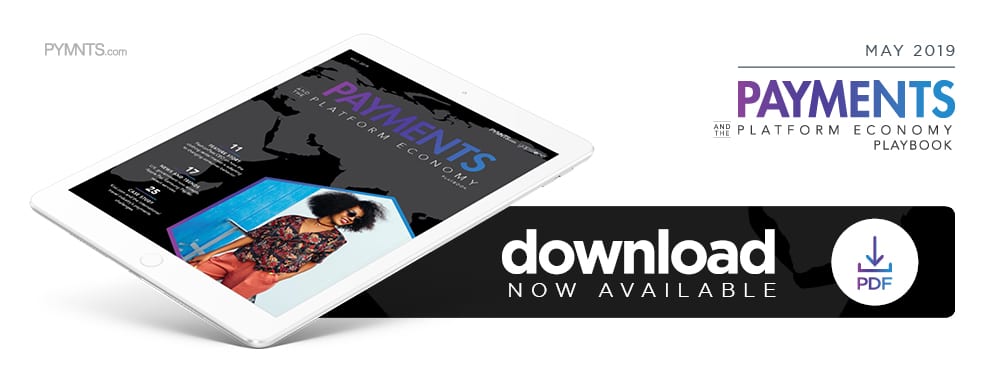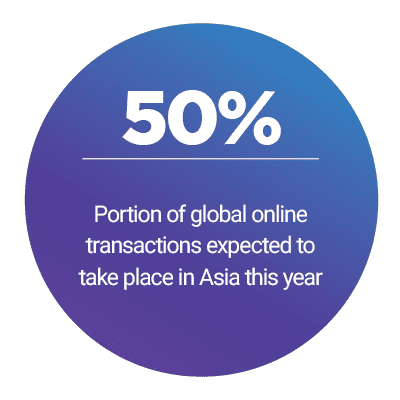Why AI Could Be Fashion Rental Platforms’ Next Big Thing

 Technology may be changing, but the level of service consumers want from businesses is not.
Technology may be changing, but the level of service consumers want from businesses is not.
With a growing number of consumers around the globe now participating in the sharing economy, customer service and personalization are becoming crucial to connect with consumers. While many of these customers belong to the millennial and Gen Z age groups, and prefer to communicate via text or Messenger, companies in the sharing economy still need to maintain familiar channels, like contact lines, to satisfy older customers. These customers, while not as tech-savvy as the younger generations, still want to participate in the sharing economy, and still have expectations for the level of customer care they receive.
 The May edition of the Payments And The Platform Economy Playbook analyzes the ways customer service is impacting the rise of the sharing economy. The Playbook also looks at how customer service is becoming a more competitive advantage for companies within the economy, which are utilizing artificial intelligence (AI), application platform interfaces (APIs) and other technologies to create new channels for service and customer communication.
The May edition of the Payments And The Platform Economy Playbook analyzes the ways customer service is impacting the rise of the sharing economy. The Playbook also looks at how customer service is becoming a more competitive advantage for companies within the economy, which are utilizing artificial intelligence (AI), application platform interfaces (APIs) and other technologies to create new channels for service and customer communication.
Around the Payments and the Platform Economy
With customer expectations high, companies, and even governments, around the world are finding new ways to anticipate needs.
In the case of regulators, that means better protections for customers who are participating in the global sharing economy. In Europe, parliament recently approved a regulation for more consumer protections, one that seeks to prevent unfair trading practices within the region. The regulation aims to support fair competition between entities vying for customers, while making sure customer data is adequately protected.
 When it comes to the companies within the sharing economy, several are creating new platforms designed to appeal to customers ahead of the competition. Global hotel chain Marriott, for instance, just launched a homesharing platform to compete with mobile homesharing company Airbnb. The new platform is aimed specifically at luxury homes, with an elevation in service.
When it comes to the companies within the sharing economy, several are creating new platforms designed to appeal to customers ahead of the competition. Global hotel chain Marriott, for instance, just launched a homesharing platform to compete with mobile homesharing company Airbnb. The new platform is aimed specifically at luxury homes, with an elevation in service.
Others, such as ridesharing platform Getaround, are looking to acquisitions to build out more features within its service. The company just acquired rival carsharing marketplace, Drivy, in a $300 million deal.
For more on this and other news in the sharing economy space, take a look at the Playbook’s News and Trends section.
How FashionPass is Innovating Clothing Rentals
Consumers are starting to change the way they think about clothing ownership, as rental services grow more popular. With consumer behavior changing, the platforms that provide clothing rental services need to innovate the ways they approach customer service and payment features.
These platforms need to be able to satisfy users who no longer want to commit to clothes in the same way, said Brittany Johnson, CEO and co-founder of online clothing subscription service, FashionPass. To learn more about how FashionPass is innovating its customer service approach in a saturated market, visit the Playbook’s feature story.
Kiwi.com on How Payments are Affecting the Travel Industry
For industries such as travel, and as customers flock to online booking sites, they’re expecting more speed and personalization out of their experiences. Payment speed is one of the most important factors, especially for platforms that need to satisfy both property owners and  travelers, who want transactions to clear as fast as possible.
travelers, who want transactions to clear as fast as possible.
However, enabling a fast, satisfying experience for both sides of the platform is by no means an easy task, according to Juraj Strieženec, chief financial officer for travel booking site Kiwi.com. To learn more about how Kiwi.com is innovating payments for better customer service, visit the Playbook’s case study.
About the Playbook
The monthly Payments And The Platform Economy Playbook series, a collaboration between PYMNTS and Yapstone, aims to help platform payment decision-makers identify and manage the risks and rewards inherent in shaping their approaches, enabling them to optimize their operations and navigate the real-time challenges they face.